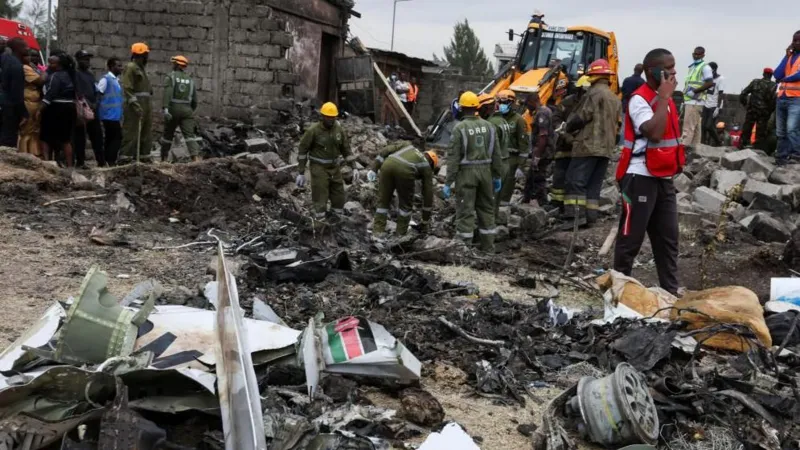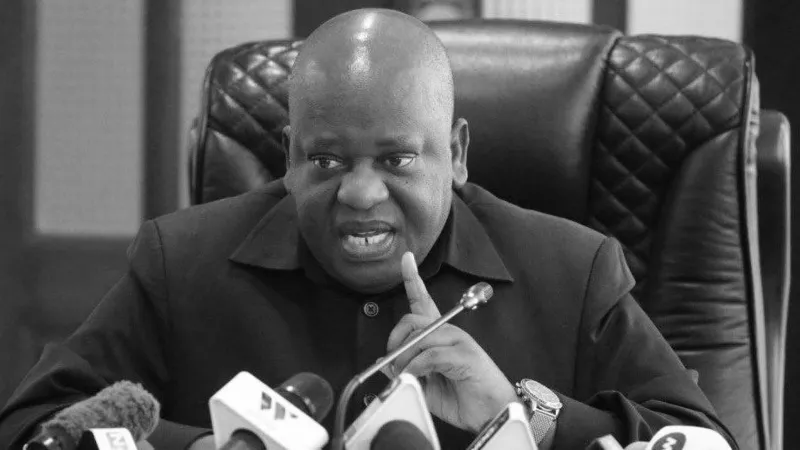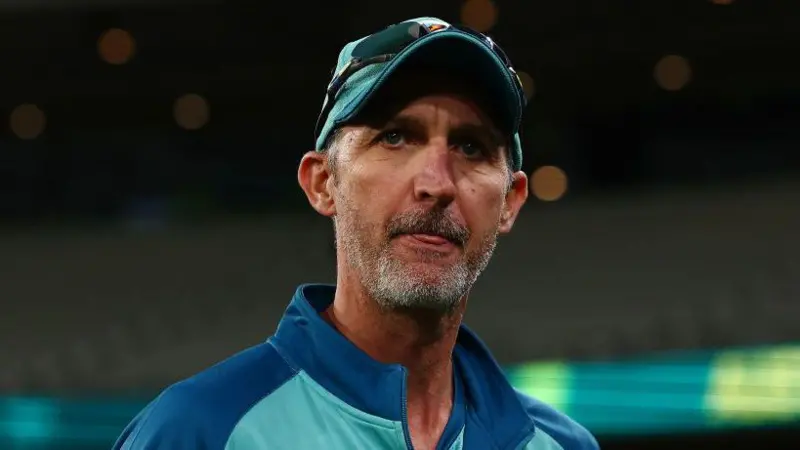Can Kenyan police end gang violence in Haiti?
Kenya's High Court is set to rule on the deployment of 1,000 Kenyan police officers to combat gang violence in Haiti. Critics argue that Kenya's constitution offers no provision to send police outside of the country.

Kenya's High Court is expected on Thursday to make a judgement on the deployment of police officers to a UN Security Council-approved mission to combat gang violence in Haiti.
The Kenyan court in October extended an order preventing the Kenyan government from deploying 1,000 officers to Haiti .
In July this year, the UN Security Council approved a Kenya-led, multination mission aimed at bringing stability to Haiti where violent criminal gangs have largely overrun the capital.
Haitian Prime Minister Ariel Henry had requested the deployment of a foreign armed force a year ago to battle the gangs.
Deployment 'will lead to death of officers'
But the decision was challenged by petitioners who claim that the East African nation's constitution lacks provisions for deploying police officers outside of Kenya.
The petition was brought forward by Thirdway Alliance party leader and lawyer Ekuru Aukot who argued that the deployment was unconstitutional. Other opposition members also share Aukot's dissenting views.
Senator Moses Kajwang, a member of Kenya's opposition Orange Democratic Movement, hopes that the court will rule against the deployment.
"This Haiti mission is a misadventure. We are sending our boys and girls to be killed," Kakwang said. "They'll come back in caskets."
Former Kenyan Defense Minister Eugene Wamalwa also believes that dispatching Kenyan police officers to Haiti is an ill-advised course of action that will lead to the death of Kenyans.
Walmalwa told DW that "these are gangs that are heavily armed, these are gangs that have killed their leaders, and we are sending our young people in uniform in harm's way, to face these gangs, many of them may not come back alive."
People living in the Kenyan capital, Nairobi, are just as divided as their government officials on the matter.
One Kenyan told DW that there are countries much stronger who could have intervened first, adding that the criminal elements in Haiti need soldiers and not police officers.
Meanwhile, another Kenyan argued that the country could handle the situation in Haiti.
"Sending these officers is in the right step because you want to try and find out if we can create an environment that number one secures the country and secures the citizens," they told DW.
"Once we get our thousand officers inside there and these other countries quickly contribute their troops will create a buffer kind of a security force that will try and number one understand the terrain and systematically try and provide security."
Kenya 'well prepared' for Haiti
Kenya's defense minister, Aden Duale, asserts that the government is well prepared to take on the challenges in Haiti, drawing upon the nation's extensive experience in peacekeeping missions.
"We were in Kosovo, we were in Namibia, we were everywhere and we are now in Somalia," Duale told DW. "We are in the DRC and we have our officers in the Tigray monitoring and evaluation mechanism."
The United States concurs that Kenya is the ideal leader for the Haiti mission as affirmed by the US Defense Secretary Lloyd Austin during his recent visit to Kenya.
"We intend to work with the United States Congress to provide up to $100 million [€93.5 million] in support and we urge others in the International Community to follow Kenya's great example," Austin said during his visit.
The situation in Haiti has become increasingly dire as the spike in gange violence has displaced more than 200,000 people, many of whom were forced to live in informal settlements and were having to survive on limited means.
More than 1,000 killings and 701 kidnappings were reported across Haiti between July 1 and September 30 — more than double the figure reported during the same period last year, according to the UN.
'Bleak future' for Haitian youth
United Nations expert on human rights in Haiti, William O'Neill, said he is alarmed about the rapid spread of gang violence and the bleak future awaiting children in the embattled country.
"An entire generation is seemingly being sacrificed by violence, and the future of a country is threatened by the dramatic situation faced by its youth," he said during a visit to Haiti earlier this month.
Previous UN-led peacekeeping missions in Haiti did not put an end to the violence — and were heavily clouded by sexual abuse claims and links to a deadly cholera outbreak.
Haiti's national police service, which is understaffed and under-resourced, has struggled in its fight against gangs, with only 4,000 officers on duty at a time in the country of 11.7 million people.
Okeri Ngutjinazo contributed to this article





